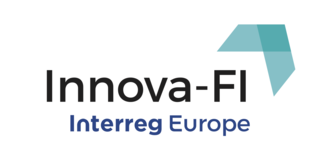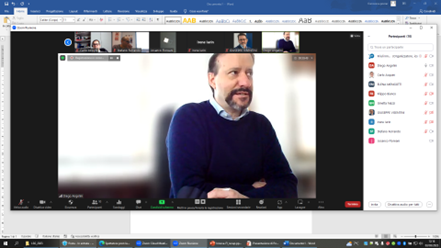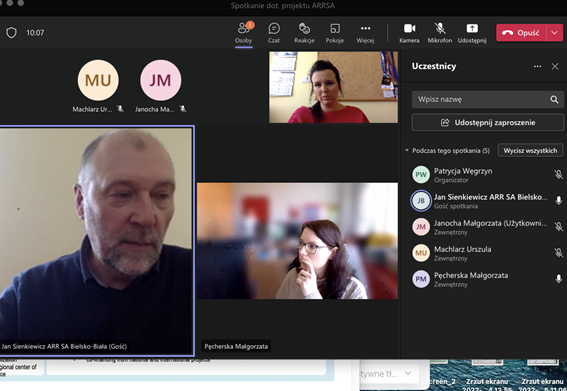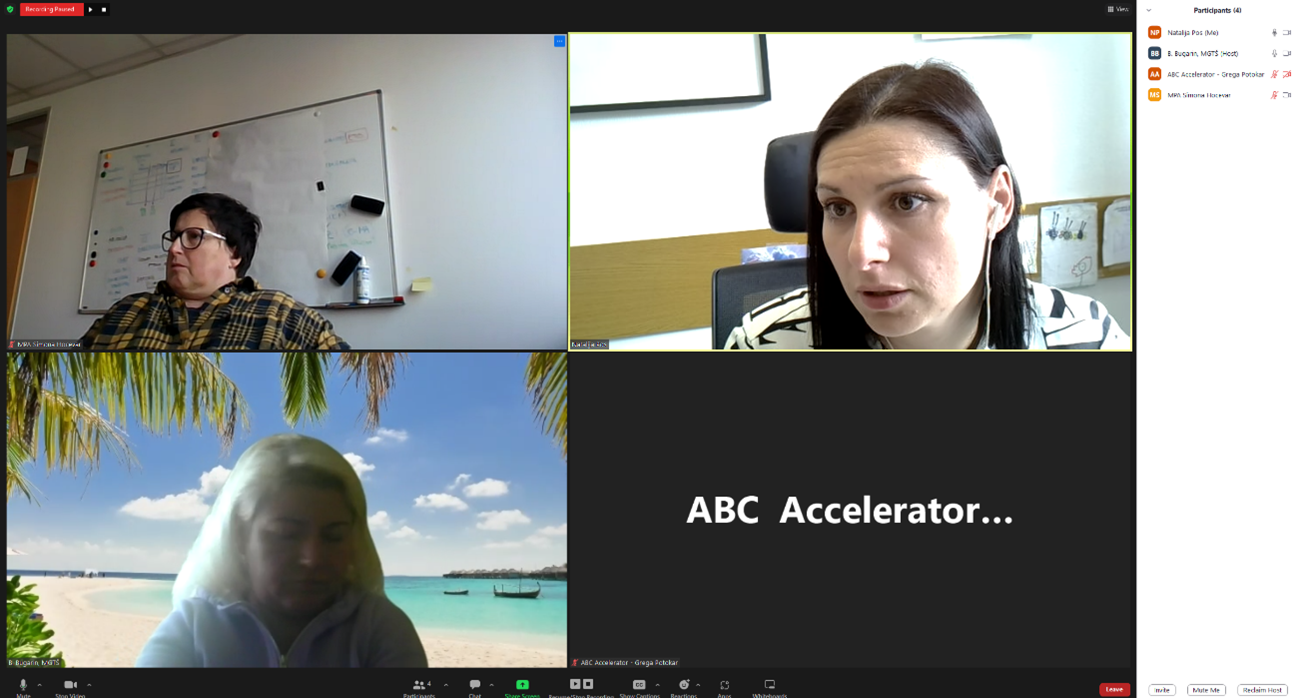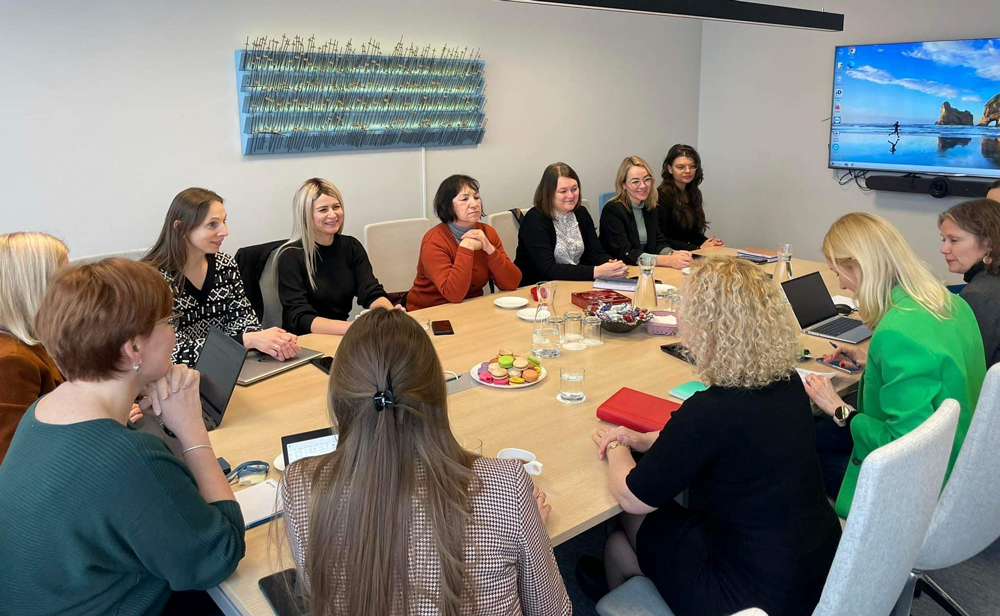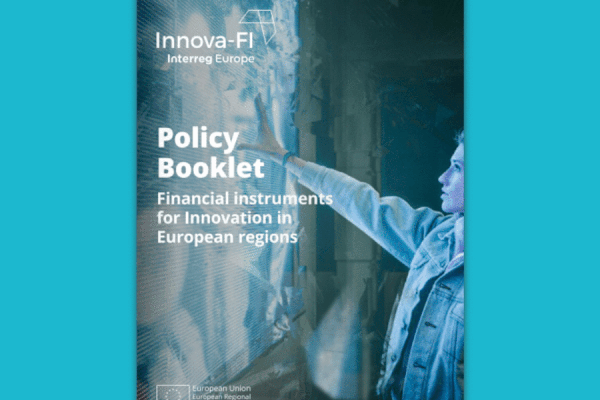Implementation of the project contributed to the creation and promotion of the “culture of repayable support”,positive branding of financial instruments and expanding the regional ecosystem of financial instruments to new entities. It was also an inspiration to MA to apply innovative approach in designing financial instruments under new ROP FESL 2021-2027, specific objective RSO1.3 and to pay more attention on the lifecycle of the instrument.
It also allowed to establish a connection with relevant local stakeholders from the financial ecosystem and plan future activities related to both awareness raising in terms of benefits of usage of FIs and to the implementation process itself.
The holistic view on the financial instruments has changed. Managing Authority in Silesia, the core member of Innova-Fi local support group, with the participation in the project activities, both regional as well as on international level, was able to set up new instruments with a more miscellaneous approach.
Not only the allocation for the repayable support was enlarged, but it was also embedded in the broader perspective of complex SME support – with, besides financing, also mentoring, market analysis, support of operations, and consultancy services in terms of implementing innovations indicated in the policy instrument. Moreover, with this way of designing intervention, the innovative approach of mixed support for SMEs – via repayable loans and grants – was implemented.
As Małgorzata Kwiatkowska from Financial Instruments Unit in MA indicates “Project gave us the possibility to change the mindset regarding the supporting via financial instruments. Thanks to knowing the implementation schemes from different regions, we were able to have a holistic view on FIs and be more focused on the final beneficiary’s perspective. We’ve understood, that the first stage of designing the instruments is the most important and we gained ideas how it may be implemented – agenda, phase of information gathering, the inclusion of different actors, experts or potential beneficiaries, in the process”.
In the created Action Plan emphasis on the soft skills aspect as well as awareness raising activities has also been made. After a series of LSG meetings, it became clear that these are the core activities that should be taken into account when designing FIs in the region. As it was highlighted on the international level, the final beneficiary perspective is the most important. The Greek example of both creating RIS3 One Stop Shop Liason Office as well as usage of design thinking methodology in the process were very inspiring. Moreover, business angels’ networks from Italy and Slovenia were the basis of the Silesian Forum of Business Angels and Investors idea.
As a follow-up of Innova-Fi project, ARRSA together with MA as an associated partner, continue collaboration in terms of the innovative approach to financial instruments implementation, by:
- SmartFi project (Horizon 2020) – directly related usage of design thinking methodology in relation to FI
- FI4INN (Interreg Central Europe) – to be implemented from 2023 related to co-designing of impactful financial instruments for boosting innovation
Key learnings from the implementation of the Innova-Fi projects – both for ARRSA as a PP as well as MA as a policy owner - may be indicated as follows:
1. To design useful mechanisms, you have to listen to the market – only a bottom-up approach will ensure tailored solutions
2. Co-designing not designing is a key
3. To support SMEs you can’t only give them money – you have to support them with mentorship & training
4. Awareness raising - groundwork has to be consistent and systematic
5. Networking & exchanging of experience – both regionally as well as internationally – is key for improvements
6. International projects bring local people closer together – LSG framework gives the scheme for local cooperation and knowing each other better
